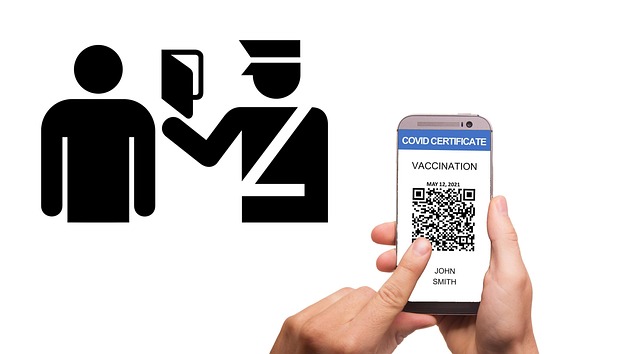In recent years, the landscape of medical diagnostics has undergone a significant transformation, with Magnetic Resonance Imaging (MRI) examinations at the forefront of this revolution. MRI technology has evolved dramatically, going beyond traditional imaging techniques to unlock new potentials in diagnosing and understanding various health conditions.
At the heart of these technological innovations is the enhancement in imaging quality and speed. Modern MRI machines offer higher magnetic field strength, which translates to clearer images and more accurate diagnoses. Patients undergoing an MRI examination can now experience shorter scan times without compromising the quality of images. This means less time spent in the machine and a more comfortable experience. As we know, the anxiety of waiting in a diagnostic setting can be overwhelming, but advancements in MRI technology are helping to ease this burden.
Another groundbreaking development is the incorporation of artificial intelligence (AI) into MRI examinations. AI algorithms can analyze imaging data much faster than human radiologists, highlighting anomalies that might be missed by the naked eye. This synergy between human expertise and machine learning accelerates the identification of conditions, allowing for earlier interventions and better patient outcomes. Imagine receiving an accurate diagnosis earlier than ever before—this is the new frontier of health innovations.
Additionally, the integration of functional MRI (fMRI) has opened up new avenues for understanding brain activity and disorders. This innovative technique measures brain activity by detecting changes in blood flow, offering insights into neurological disorders such as epilepsy and Alzheimer’s disease. By employing fMRI in routine diagnostics, healthcare providers can tailor treatments based on real-time brain function, revolutionizing how we approach neurological care.
Furthermore, the advent of portable MRI units has made diagnostic imaging more accessible. These compact devices are particularly beneficial in remote areas and emergency settings, where traditional MRI machines may not be available. By breaking down geographical barriers, portable MRI technology ensures that essential diagnostic examinations can reach those in need, enhancing health equity across diverse populations.
As we delve deeper into the era of precision medicine, the role of MRI examinations in personalized healthcare will only expand. Thanks to the wealth of data generated by advanced MRI technologies, physicians can develop tailored treatment plans that consider individual patient profiles, leading to better management of chronic diseases and improved health outcomes.
In summary, the advancements in MRI examination technologies stand as a testament to the commitment of the medical community to enhance diagnostic capabilities. By making MRI examinations faster, more accurate, and more accessible, these innovations not only improve patient experiences but also pave the way for better health interventions. As we look ahead, the fusion of technology and health innovations will continue to inspire further research and development, solidifying MRI’s vital role in modern diagnostics.




